The older, the more fragrant.
The “the older, the more fragrant” is one of the core values of Pu'er Tea, but as the only producing area of Pu'er tea, Yunnan seems to have little say in this aspect. However, in recent years, many enterprises have been making efforts to try “origin storage,” including the “Taihe Fermentation Storage” system proposed by Yunnan Pu'er Tea Factory, the storage practice of Yunnan Cha Ma Si Tea at Jinggu Weiyuan River, the fermentation storage of BaoLian Manor on Jingmai Mountain, the scientific storage of Gu Yun Liu Xiang, and the Heaven Cellar of Ze Dao Tea Industry, etc.
Pu'er tea is very interesting, presenting different transformation styles in different regions. What changes would occur if Pu'er tea remained in Yunnan?
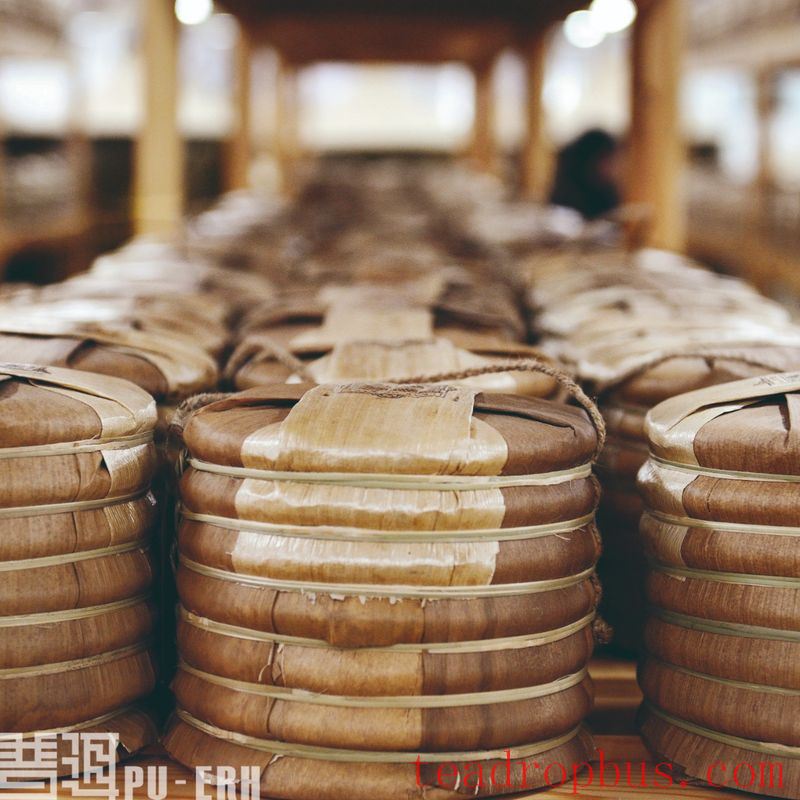
★ Bringing More Yunnan Flavor to Pu'er Tea ★
The term “storage” consists of a cover above, a door in the middle, and an entrance and exit below, which together represent the concept of a warehouse. However, in the dictionary of Pu'er tea, the meaning of “storage” is not so simple, often representing a method, a technique, a means, or even a realm. Perhaps, letting it take its natural course, preserving the intense freshness of Pu'er itself, and growing together with nature and time, is the best “storage” for Pu'er tea.
Most of the early aged Pu'er teas, at least those before 2005, were stored in regions with high humidity, such as Guangdong, Hong Kong, Taiwan, Malaysia, etc. This led most seasoned tea drinkers to become accustomed to the taste from these humid storages, believing that Pu'er teas stored in Yunnan and northern regions do not taste as good as those stored in Guangdong and other areas. This sensory bias has often made Yunnan or Kunming storage overlooked by many tea enthusiasts.
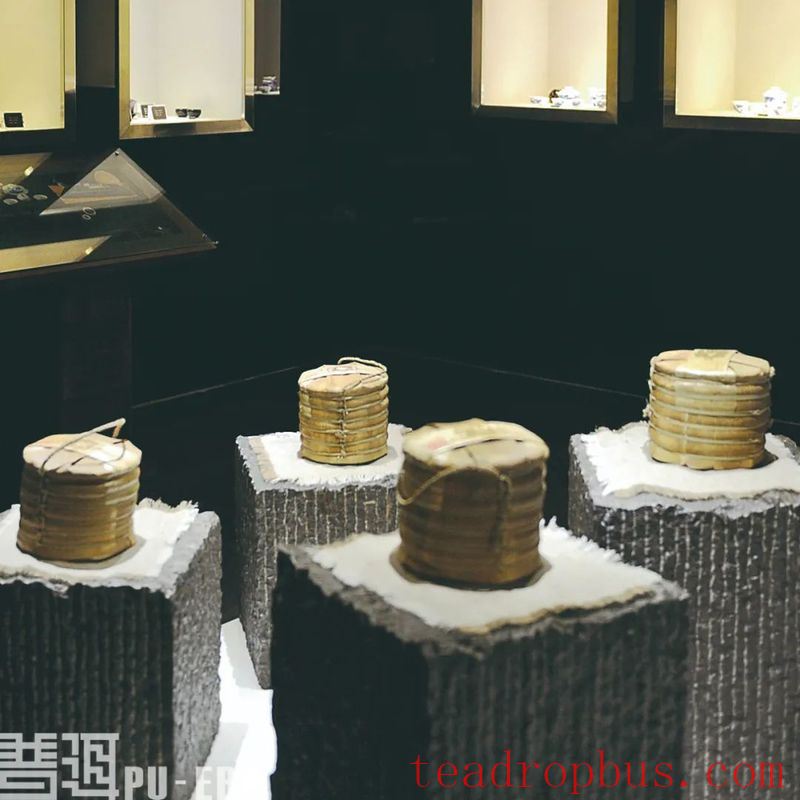
In terms of Kunming storage, due to lower humidity and temperature compared to Guangzhou and Dongguan, storing tea in Kunming is slower than in Guangzhou and Dongguan, but the tea stored has better aroma and fresh taste. Of course, there are places in Yunnan more suitable for storage than Kunming, especially the birthplace of Pu'er tea, particularly the Simao District and Jinggu County of Pu'er City.
In the past two to three years, along with Yunnan tea enterprises' re-recognition of Pu'er tea and their growing strength, origin storage of Pu'er tea has gradually gained momentum. In addition to Cha Ma Si already storing hundreds of tons of Pu'er tea in Jinggu, some large out-of-province Pu'er tea storage enterprises have been conducting investigations in Pu'er City, exploring the feasibility of origin storage of Pu'er tea. For example, BaoLian Pu'er's “Manor Cellar” in Humin Town, Lancang, and Lancang Ancient Tea's “Time Warehouse” in the Munnaihe Industrial Park of Simao.
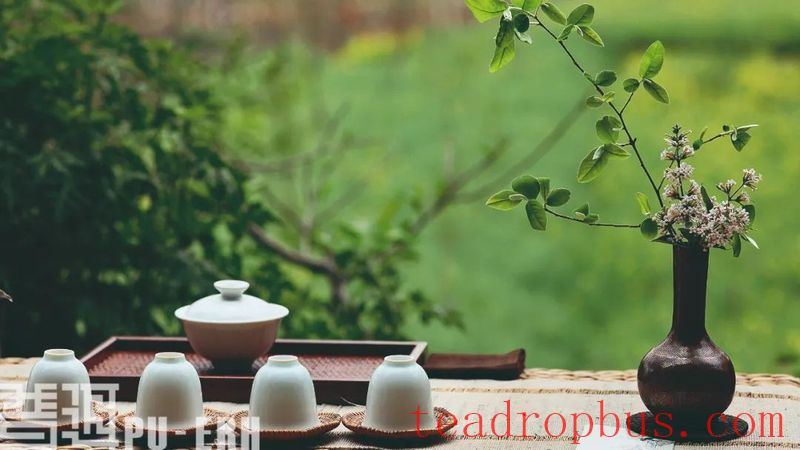
Aside from strengthening the entire Pu'er tea industry chain in Yunnan, what are the benefits of origin storage? Firstly, it can significantly reduce transportation costs to the storage location and effectively avoid contamination and damage during transportation. For example, transporting tea to Guangzhou, Dongguan, and other places for storage, and then shipping it back across the country after aging, undoubtedly increases transportation costs. Moreover, the risk of odor contamination and rain damage during transport is sometimes unavoidable.
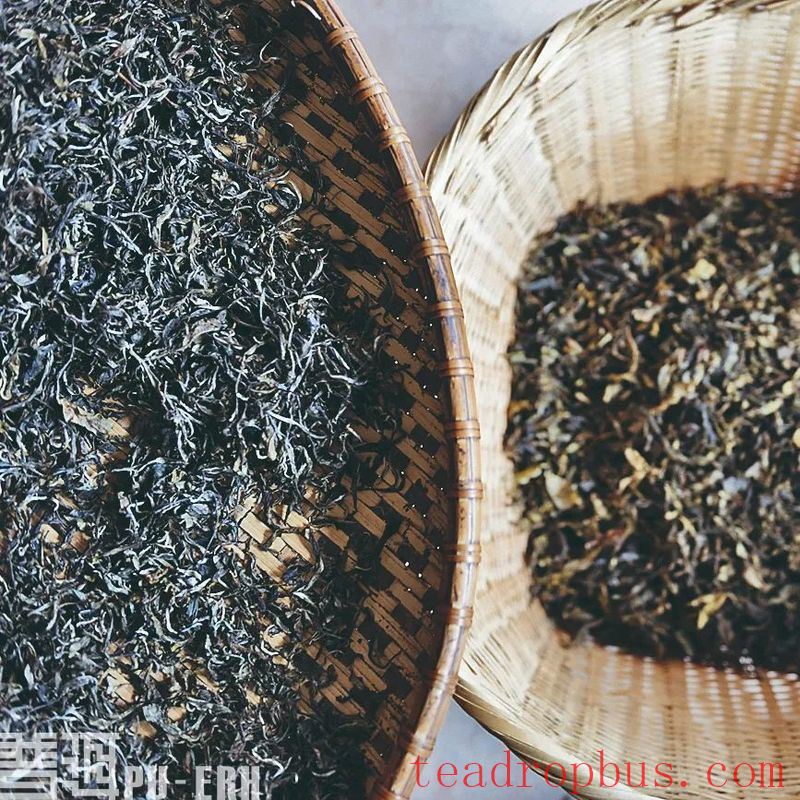
Secondly, the excellent ecosystem provides strong environmental support for origin storage. The post-fermentation process of Pu'er tea is slow and requires appropriate oxygen (air), moisture (humidity), temperature, time, and space. Taking the central urban area of Pu'er City as an example, influenced by a subtropical monsoon climate, the average annual temperature is 18.3°C, annual rainfall is 1,530 millimeters, relative humidity ranges from 50% to 80%, negative ion content exceeds the seventh level, winters are mild, summers are cool, and forest coverage exceeds 67%. Such an excellent ecosystem, coupled with higher temperature and humidity than Kunming, is clearly beneficial for the later transformation of Pu'er tea and can also significantly reduce management costs during storage.
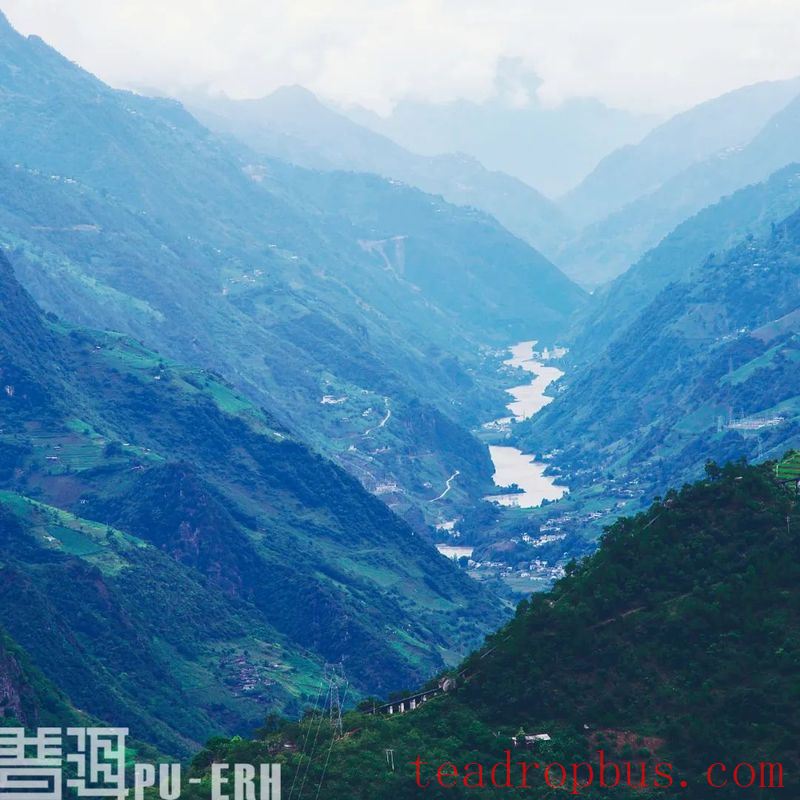
Lastly, origin storage allows Pu'er tea to retain more of the Yunnan flavor. As the saying goes, “born and raised here.” It is the beautiful, continuous mountain ranges along the Lancang River that nurture the unique Pu'er tea. Similarly, the beneficial bacteria during the post-fermentation process need high-quality air, suitable temperature, and humidity under natural conditions to function better. Although natural storage in the origin is slower than modern storage controlled by humans, thanks to the excellent and vast ecosystem, processed Pu'er tea naturally unfolds and breathes in the embrace of its mother, growing together over time under the influence of microorganisms, resulting in richer and fuller taste. This is the perfect embodiment of Pu'er tea, which has originated from nature and returns to nature since ancient times.
This article is excerpted from
“Origin Storage: Bringing More Yunnan Flavor to Pu'er Tea” by Duan Zhaoshun
Original article published in Pu'er Magazine
August Issue 2025
If there is any infringement, please contact us to delete.